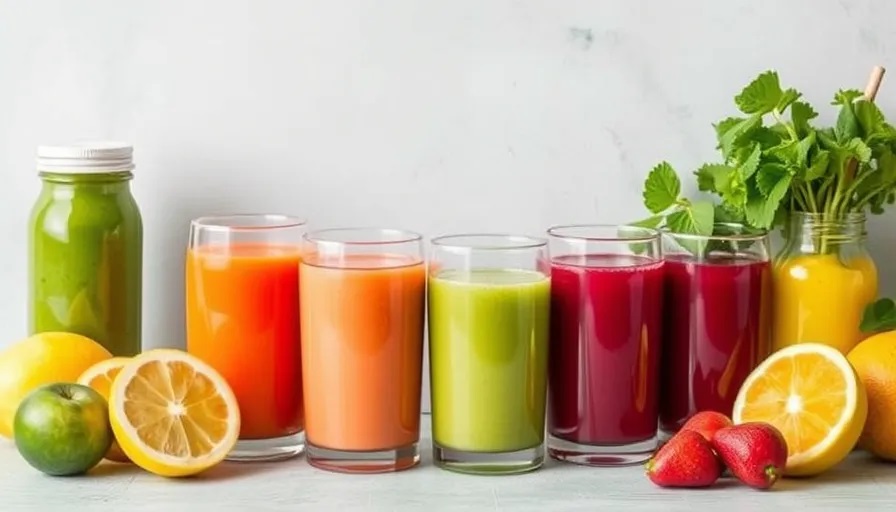Juicing has a long history, gaining popularity in the early 20th century and becoming a staple of wellness lifestyles in the 1990s. The modern-day health movement embraces juices as an easy way to incorporate fruits and vegetables into our diets.
However, as more studies emerge, questions are being raised about the actual health benefits of juice cleanses. Depending on the fruits, vegetables, and overall consumption, juices may not always provide the expected health boost.
Benefits you might expect
Drinking fresh juice is often promoted as a quick way to load up on essential vitamins and minerals. Fruits and vegetables, rich in antioxidants and vitamins, can play a role in reducing inflammation and supporting the body’s defense against chronic diseases.
Juices can also serve as an alternative for people who struggle to consume enough fruits and vegetables daily. By juicing, individuals might experiment with combinations they wouldn’t typically consume, broadening their nutritional intake.
Moreover, some people turn to juice cleanses as a weight-loss strategy. Since many juice diets are low in calories, they may result in rapid short-term weight loss. However, once normal eating patterns return, the weight often comes back just as quickly.
The hidden downsides of juicing
What many don’t realize is that juicing has several potential drawbacks. First and foremost is the lack of fiber. While whole fruits are an excellent source of fiber, most of it is lost in the juicing process. This missing fiber is crucial for regulating blood sugar and supporting digestive health.
Juice-only diets are also deficient in essential nutrients like protein, iron, and calcium. Prolonged juice cleanses can lead to serious health problems, including nutrient deficiencies that may cause long-term damage to your health.
Additionally, despite the promise of weight loss, much of the weight shed during a juice cleanse is water weight, not fat. Without sufficient calories, the body begins to burn muscle rather than fat, which is counterproductive to sustainable weight loss.
Sugar overload: the hidden threat
The biggest issue with juice diets is the excessive amount of sugar found in fruit juices. Even though it’s natural sugar, the fructose in fruit can spike blood sugar levels, leading to weight gain and an increased risk of type 2 diabetes. A glass of apple juice, for example, contains nearly 13 grams of sugar with little to no fiber to balance it out.
The “detox” myth
Many believe that juice cleanses detoxify the body, but scientific research shows no need for a liquid-only diet to cleanse the system. The body’s liver and kidneys naturally remove toxins, rendering juice detoxes unnecessary.
While juicing can be beneficial in moderation, experts recommend consuming whole fruits and vegetables to maximize the health benefits and avoid the potential pitfalls of a juice-only diet.
If you found this article helpful, feel free to share it with your friends or leave a comment below!






